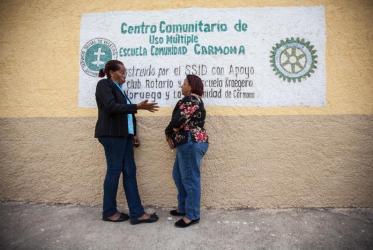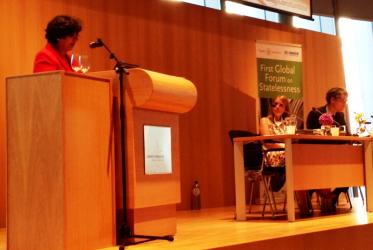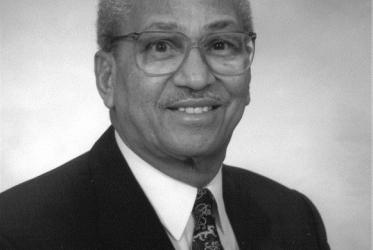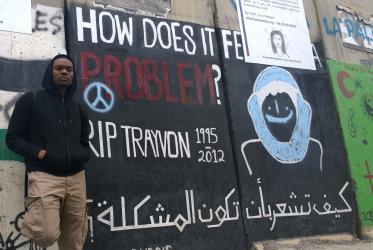Displaying 121 - 140 of 141
Church leaders address statelessness in Dominican Republic
03 February 2015
Church voices address statelessness at The Hague Global Forum
19 September 2014
Churches advocate for the rights of stateless people
15 September 2014
Condolences on the death of Bishop Vinton Anderson
15 July 2014
Use of armed drones condemned by WCC
13 February 2014
Le COE condamne l'utilisation de drones armés
13 February 2014
WCC expresses condolences at death of Brother Jeffrey Gros
13 August 2013
Church leaders affirm Cuban religious reforms
09 July 2013






